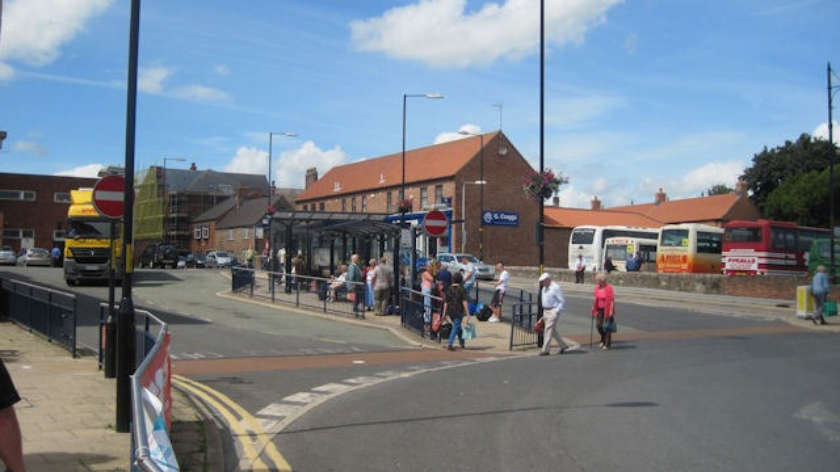
A feasibility study is set to explore how a mobility hub could improve walking, cycling and transport connections in Ripon.
Councillors in the Skipton and Ripon area agreed to spend £50,000 on the document at a meeting on Thursday.
It’s hoped it will lay the groundwork for a future bid to the government for significant funding that could be worth millions.
A report said the hub would help reduce dependence on cars in the city’s clogged streets and boost active travel.
It said:
“Delivering a mobility hub would offer greater transport choice, better connections to key services centres, decarbonisation benefits and improved health and wellbeing.”
The study would also look at how residents in Ripon can better access Thirsk railway station, which is around 20 minutes away up the A61.
Ideas for the hub include a reconfigured and refurbished bus station, a new high-quality public space for welcoming visitors to Ripon and a new building providing access to sustainable and green modes of transport like cycling.
Cllr Andrew Williams (Conservative and Independents Group, Ripon Minster & Moorside) said he was strongly in favour of the proposals.
He said improving access to Thirsk station, which is easier to get to than Harrogate’s station from the city, would take cars off the road.
Cllr Williams added:
“If I were a fitter person I’d be doing cartwheels and handstands about this.”
Cllr Barbara Brodigan (Liberal Democrat, Ripon Ure Bank & Spa) said investment into Ripon’s transport infrastructure was “long overdue”.
She said:
“I welcome focus on all forms of transport so it’s not just car-centric. We have some narrow streets that are dreadful to walk or cycle down.”
Concerns were raised by Cllr David Staveley (Conservative, Settle & Pennyghent) that investment into Ripon’s bus station could lead to more large coaches entering the city.
He said:
“The coach industry isn’t what it was. Are we creating a 1980s solution to 2020s problems?”
But Cllr Williams said the investment would not lead to more spaces for coaches but rather help facilitate alternatives like active travel.
The feasibility study is expected to take between six and eight months to complete.



 Music lineup announced for return of Harrogate Food and Drink Festival
Music lineup announced for return of Harrogate Food and Drink Festival
 Successful Yorkshire debut for Harrogate rugby star
Successful Yorkshire debut for Harrogate rugby star
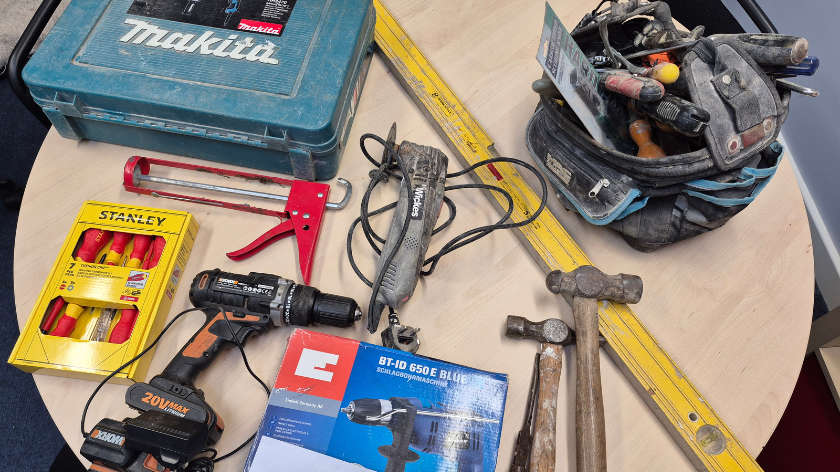 Primary school rallies to support neighbour blighted by thieves
Primary school rallies to support neighbour blighted by thieves
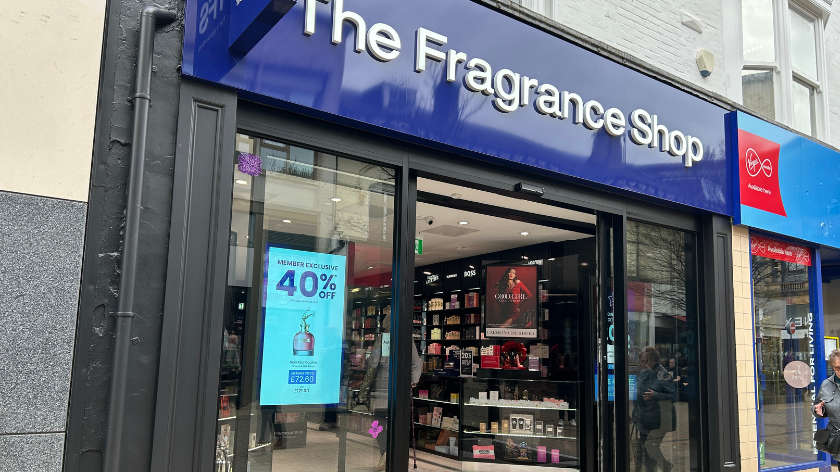 The Fragrance Shop opens in Harrogate town centre
The Fragrance Shop opens in Harrogate town centre
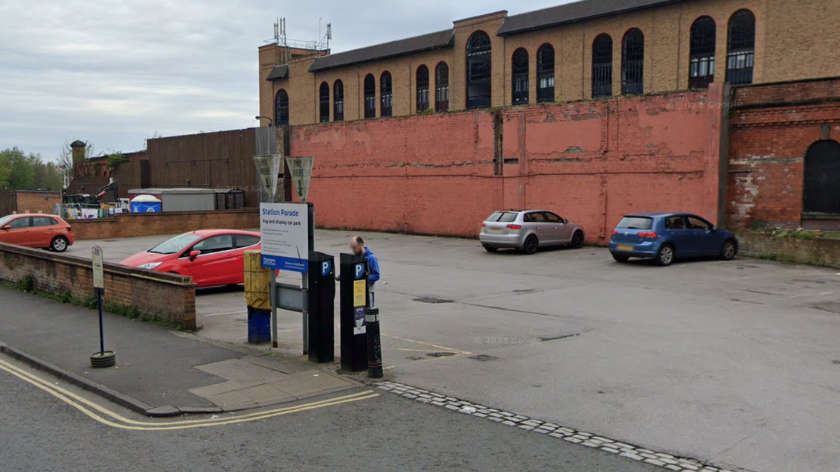 Parking fees set to rise across North Yorkshire
Parking fees set to rise across North Yorkshire
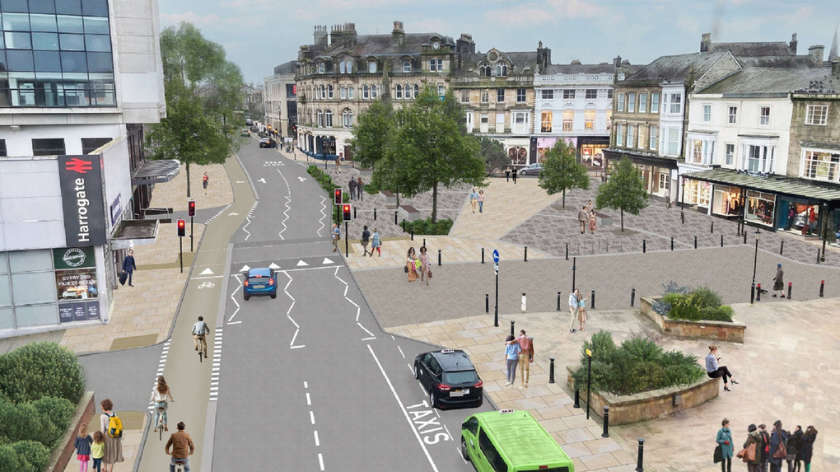 Campaigners seize on council leader's Gateway comments
Campaigners seize on council leader's Gateway comments
 Mercer Art Gallery to host immersive light and colour exhibition
Mercer Art Gallery to host immersive light and colour exhibition
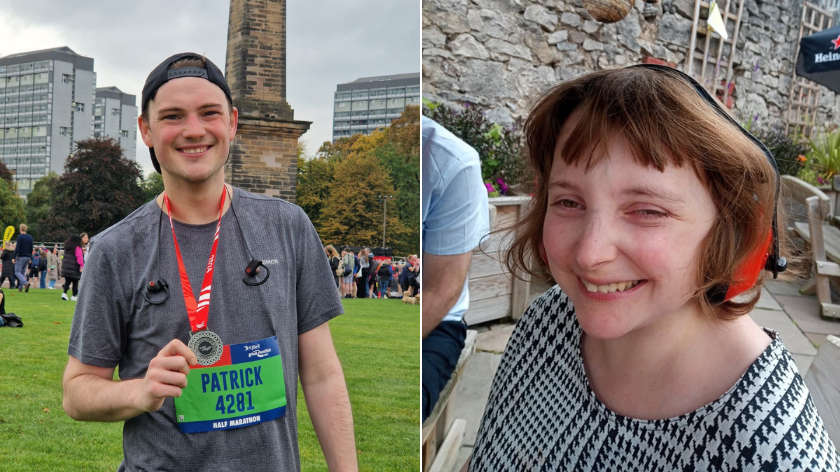 Runner to take on marathon for Harrogate charity that 'transformed' his sister's life
Runner to take on marathon for Harrogate charity that 'transformed' his sister's life
 Harrogate residents warned of door-to-door scammers
Harrogate residents warned of door-to-door scammers
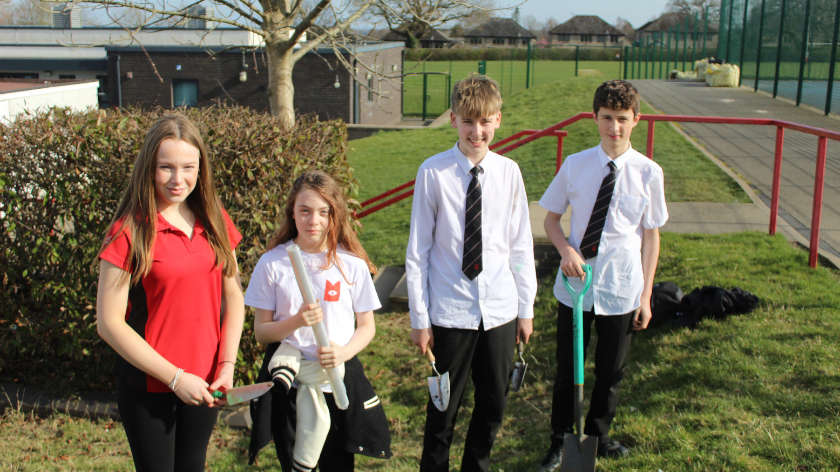 Rossett School to plant over 300 trees throughout grounds
Rossett School to plant over 300 trees throughout grounds
 Motorcyclist in 'serious condition' following Ripley Road crash
Motorcyclist in 'serious condition' following Ripley Road crash
 Is this Bettys Easter egg the most expensive in the UK?
Is this Bettys Easter egg the most expensive in the UK?
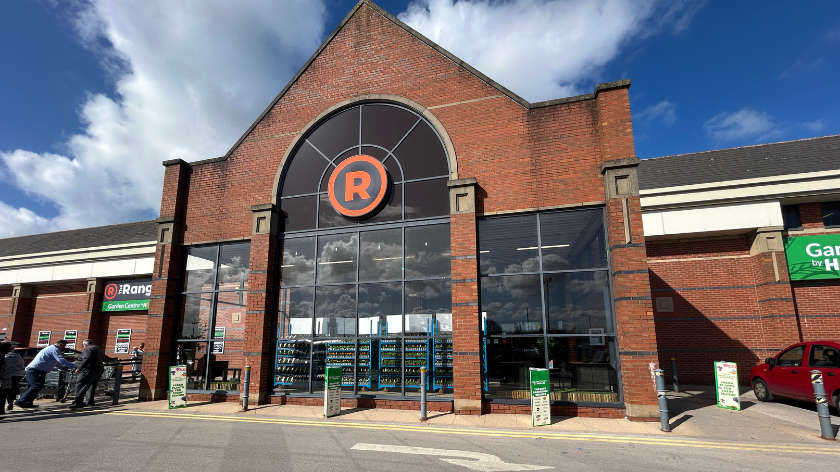 The Range opens new Harrogate store
The Range opens new Harrogate store
 Country fashion brand to open in Harrogate town centre
Country fashion brand to open in Harrogate town centre
 Harrogate sisters' fashion brand named as finalist for women's style award
Harrogate sisters' fashion brand named as finalist for women's style award
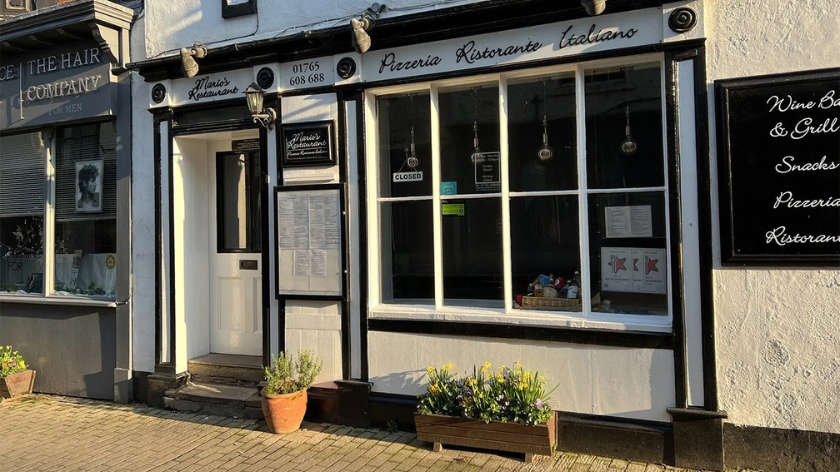 National recognition for popular Italian restaurant in Ripon
National recognition for popular Italian restaurant in Ripon
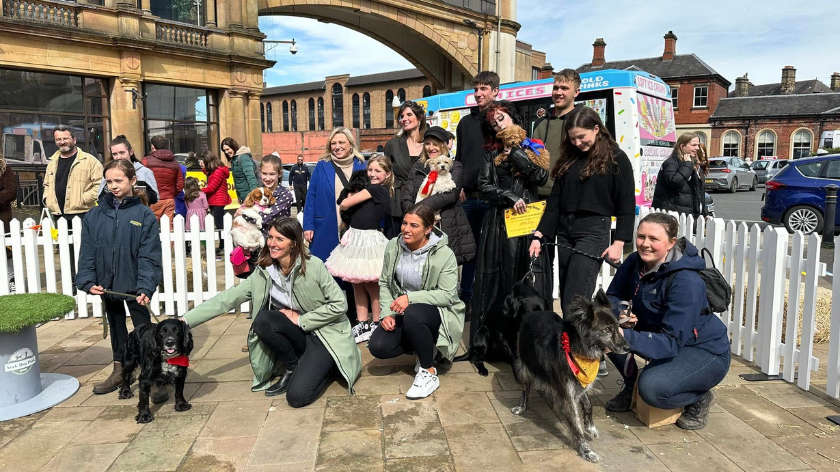 Categories revealed ahead of Harrogate Dog Show
Categories revealed ahead of Harrogate Dog Show
 Edible garden to feature at Harrogate Flower Show
Edible garden to feature at Harrogate Flower Show
 Opening date revealed for new Harrogate jeweller
Opening date revealed for new Harrogate jeweller
 Police issue CCTV after thefts from Harrogate Sainsbury's
Police issue CCTV after thefts from Harrogate Sainsbury's








